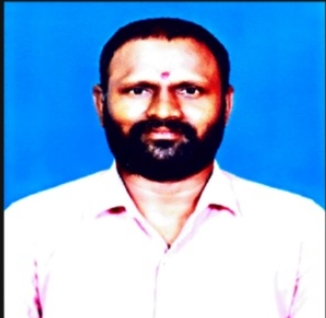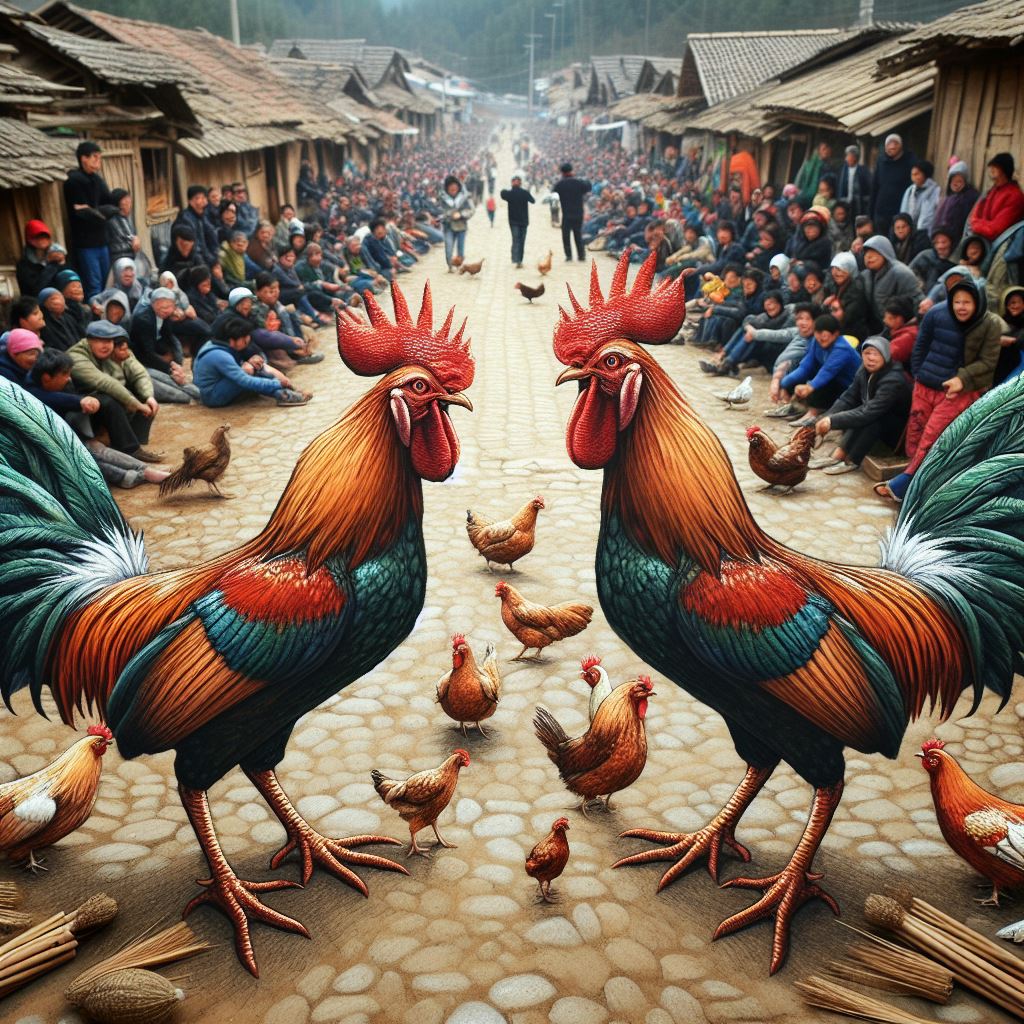Illegal cockfights, fueled by steroids and alcohol, persist in Telangana and AP, drawing concern from PETA.
Even though cockfighting is banned across the nation, PETA has highlighted a concerning resurgence of arenas where roosters are being exposed to steroids and alcohol.
“The Animal Welfare Board issues an urgent advisory, urging strict law enforcement during the Sankranti festival”
Locals reveal that despite the stringent ban on organizing rooster fights, organizers are actively preparing their roosters for these brutal encounters, seemingly confident in their ability to conduct the fights with the backing of Ministers and MLAs.
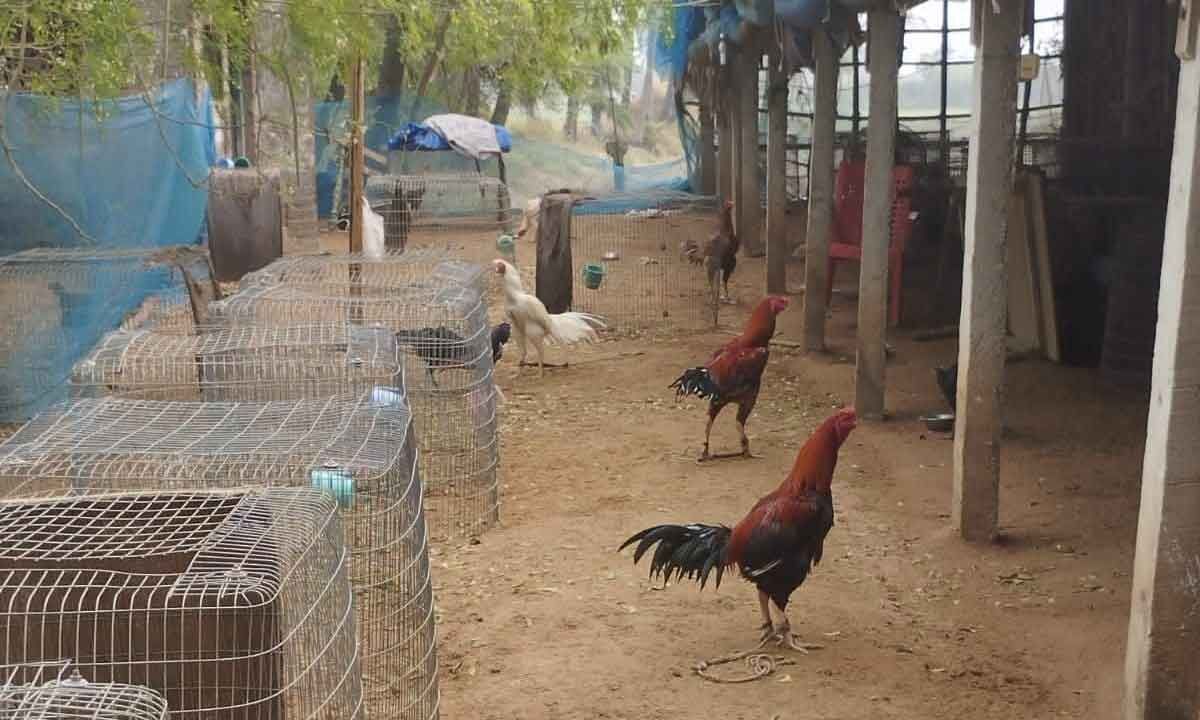
These warrior birds have received a nutritious diet for the past six months in anticipation of the fights.
Every year as the Sankranthi festival approaches, preparations for conducting cockfights suggest that organizers exert pressure on the police with the backing of local political representatives, securing unofficial permission to conduct cockfights in their respective areas.
Investigation revealed that some trainers are administering toddy and other forms of alcohol to strengthen the roosters. Breeders also provide special fodder to toughen the birds’ bones and prevent bleeding during the cockfights.
What originally began as a form of entertainment during the Sankranti festival season has now evolved into a significant gambling activity for punters.
Many individuals and punters are now engaged in breeding roosters as a means of livelihood.
They have constructed separate sheds equipped with all necessary facilities, continuing to rear roosters specifically for cockfights, alongside other country chickens.
This transformation reflects the shift from a traditional festive pastime to a more organized and commercialized venture.
Currently, roosters (Jathi Kollu) are being sold at significant prices ranging from Rs 20,000 to over Rs 50,000.
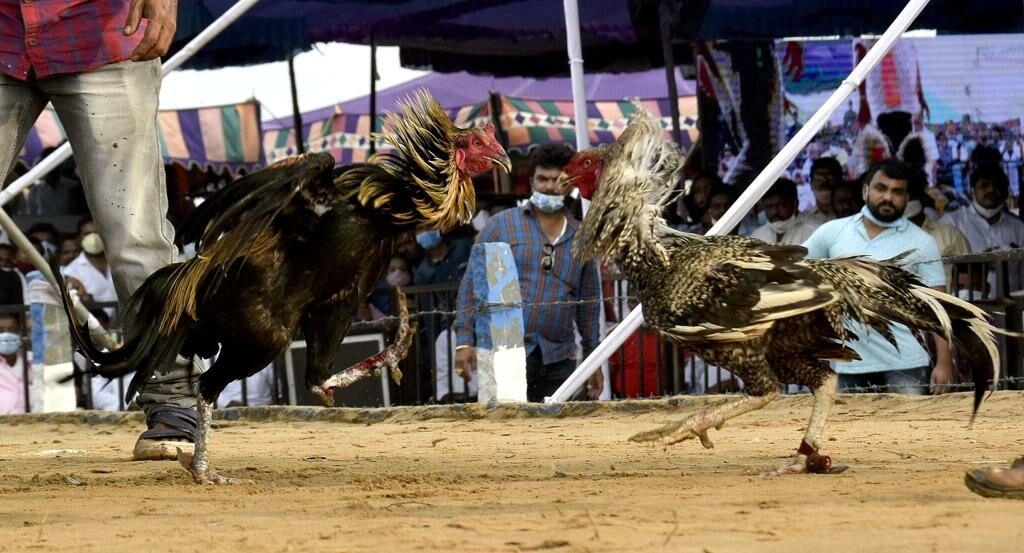
The pricing is determined by factors such as color, weight, and fighting capacity, with some exceptional roosters commanding prices as high as Rs 80,000 to Rs one lakh.
Simultaneously, country roosters are also being sold at prices ranging from Rs 2,000 to Rs 5,000, and these are also intended for use in rooster fights.
The market reflects a wide range of values based on the characteristics of the roosters involved.
According to the available information, organizers are anticipated to receive official permission to conduct cockfights in every mandal of each constituency where these events have been a tradition for many years.
In each constituency headquarters, a sizable arena will be designated for organizing rooster fights, and permission may extend to two prominent villages in Mandal areas.
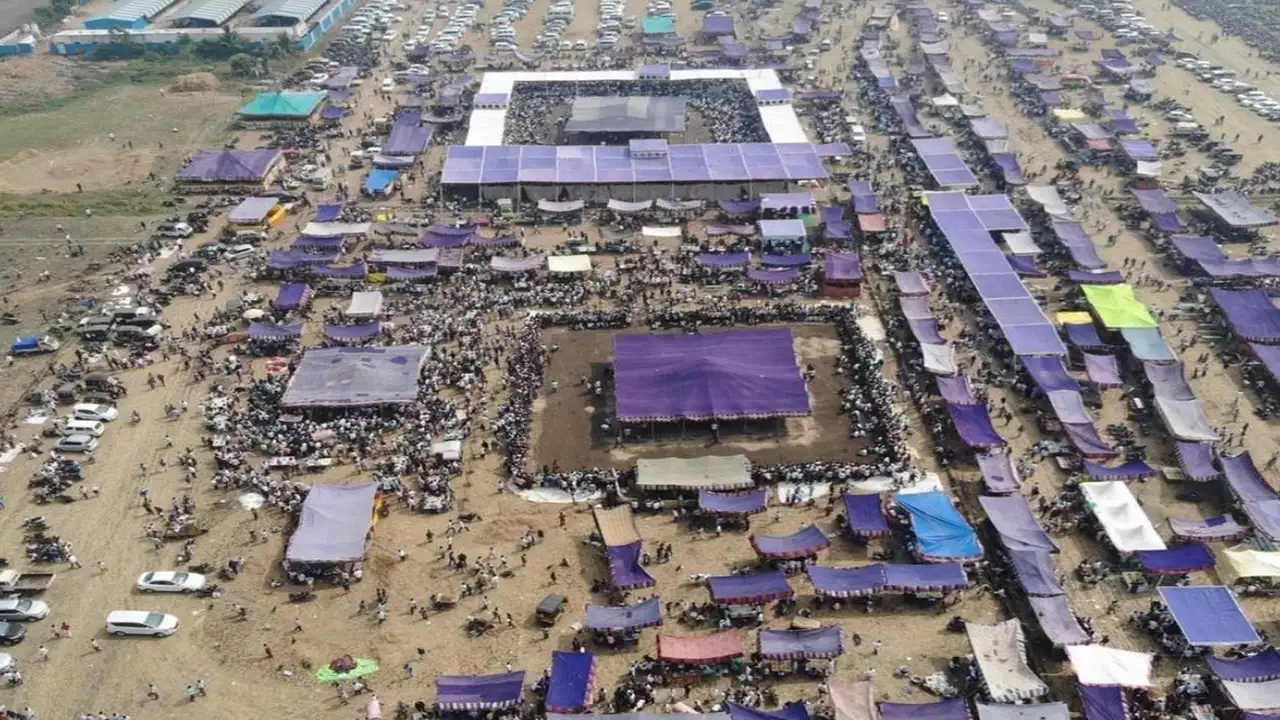
In response to public demand, this number may increase to five villages if necessary.
However, it’s essential to note that like every year, the police have issued a warning, stating that cases will be filed against anyone participating in or organizing rooster fights in violation of established rules.
Putting warning to deaf ears, every year the organizers were observed handling wads of currency notes while well-trained roosters, equipped with small knives attached to their legs, engaged in fights amid the cheers of the spectators.
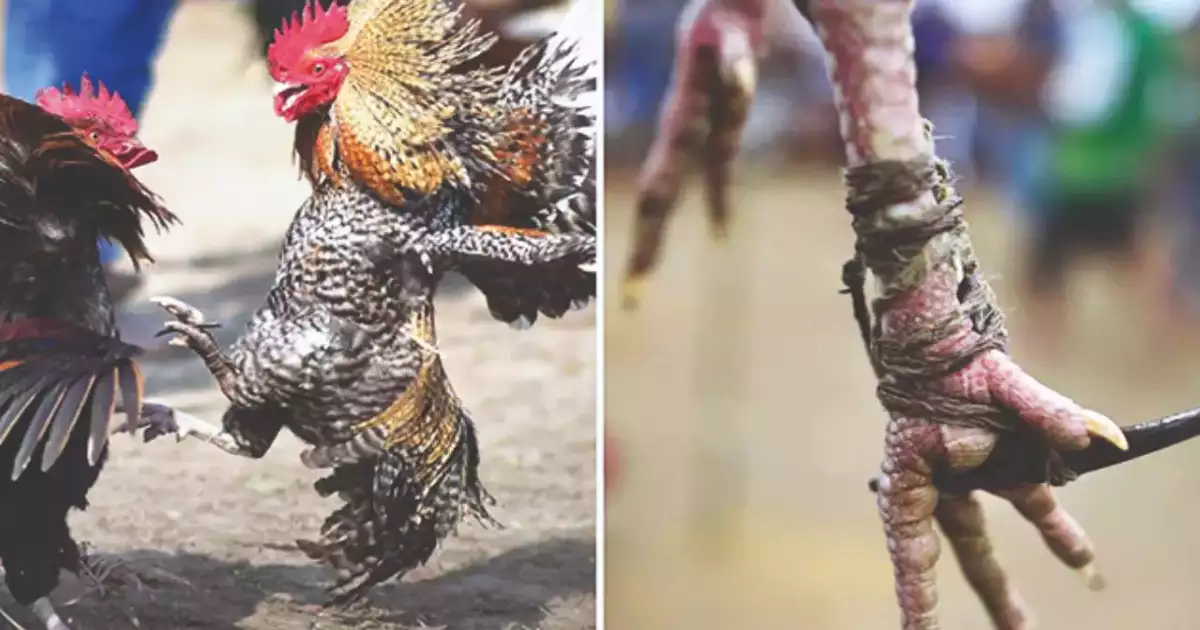
Unfortunately, these fights often conclude with the death of one of the two birds.
The competitions attracted hundreds of participants engaging in betting activities, and the events are expected to span over three days.
To facilitate the cockfights throughout the night, organizers even arrange generators and floodlights.
High-profile individuals from different parts of the state and even other states were among the hundreds of spectators and bettors present.
This diverse crowd comprised politicians of varying affiliations, business figures, and notable personalities.
Cockfights were conducted in constituencies including Gudivada, Penamaluru, Kaikalur, Gannavarm, Nandigama, Jaggayyapet, and Mylavaram, reportedly with the backing of leaders from different political parties.
After receiving a complaint from People for the Ethical Treatment of Animals (PETA) India, the Animal Welfare Board of India has swiftly issued an emergency advisory to address and prevent illegal cockfighting events in Telangana and Andhra Pradesh during the Sankranti festival.
The Animal Welfare Board of India, established in 1962 under the Prevention of Cruelty to Animals Act, of 1960, serves as a statutory advisory body for animal welfare laws in the country.
Led by Late Smt. Rukmini Devi Arundale, the Board has been a prominent advocate for animal welfare for over 60 years. Its responsibilities include ensuring the diligent enforcement of animal welfare laws, providing grants to Animal Welfare Organizations, and advising the Government of India on related issues.
The Board comprises 28 Members, including 6 Members of Parliament, with a term of office lasting 3 years.
PETA has raised concerns about the revival of arenas where roosters are exposed to steroids and alcohol, after which the Animal Welfare Board of India (AWBI) has instructed the Animal Welfare Boards of AP and Telangana to ensure strict enforcement of the law and submit a comprehensive report on the actions taken.
Khushboo Gupta, Director of Advocacy Projects at PETA India has appealed and encouraged anyone aware of a cockfight to promptly report it to the police, also extending assistance in providing a secure place for seized roosters.
In cockfights, two birds are deliberately provoked to engage in a fight.
Roosters specifically bred for fighting are typically confined in cramped cages and subjected to torment in training matches.
Often, one or both roosters may succumb to the event, with both experiencing severe injuries.
It’s important to note that cockfighting is explicitly prohibited under the Prevention of Cruelty to Animals Act, of 1960.
#StopCockfights #AnimalWelfareAlert #PETAIndia #EnforceAnimalProtection




